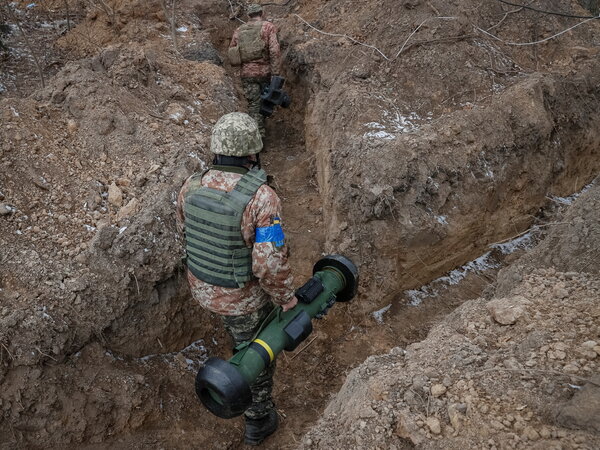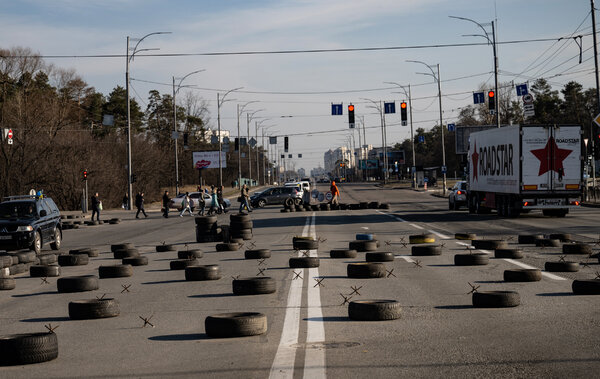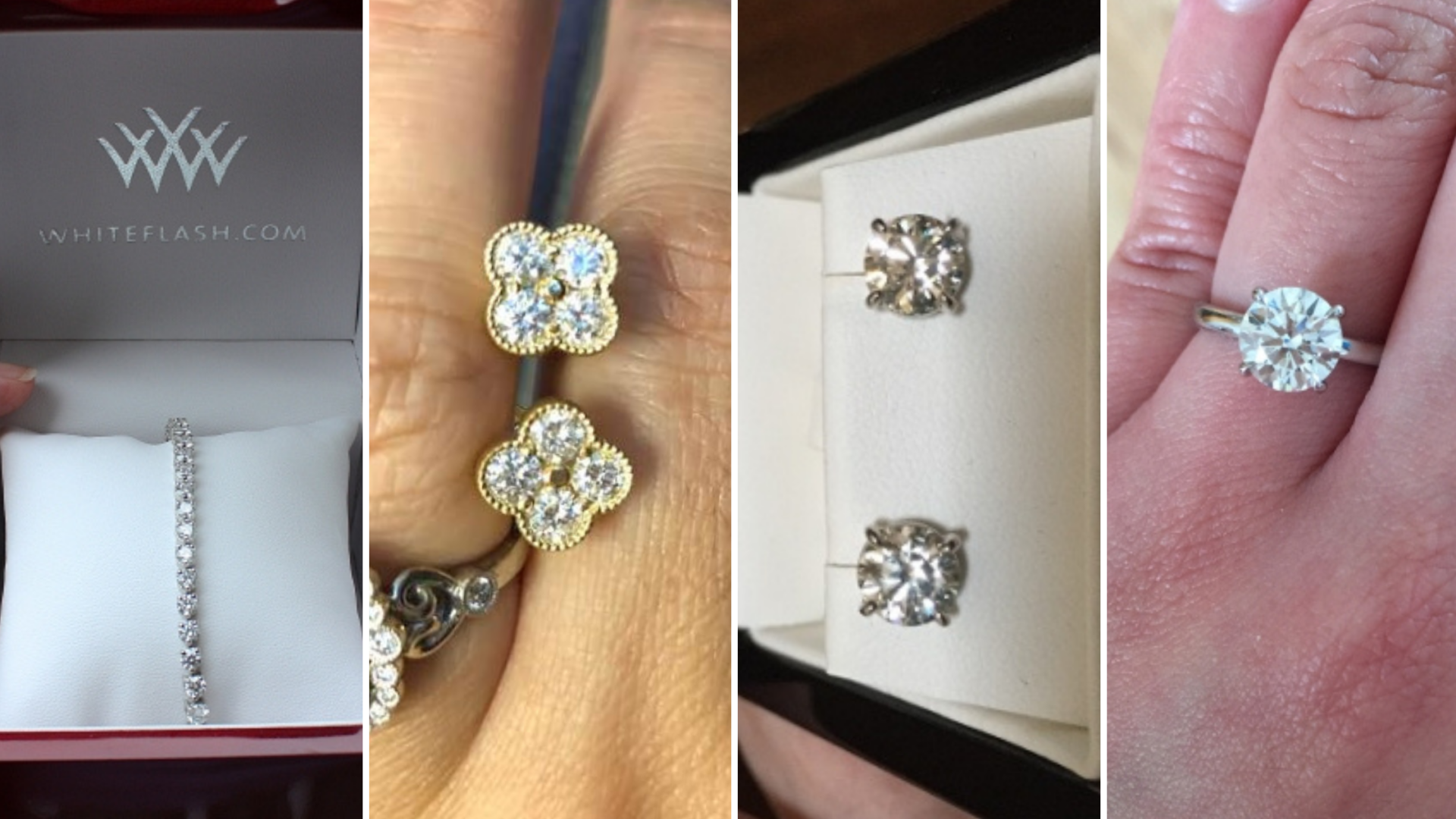- Joined
- Sep 10, 2003
- Messages
- 9,044
The presumption that one can "take out" the military dictator of a global nuclear power -- who enjoys the support of at least half his countrymen -- while guaranteeing the world's safety is silly.
Imo, the nuclear power is not relevant in this case. It's silly to believe there is no asset already in place who would kill pootin when the time and the price is right. It is and has been discussed among the off the grid organizations that do these things. The half of his countrymen that don't support him are the younger generations who have been signaling they are ready for change a long time before the Ukraine invasion. Of the other half, I suspect two-thirds are now missing the middle class lifestyle to which they have become accustomed and may be rethinking their position about who should lead. Navalny and two other previous opposition leaders gained massive support before pootin poisoned and imprisoned them.





300x240.png)